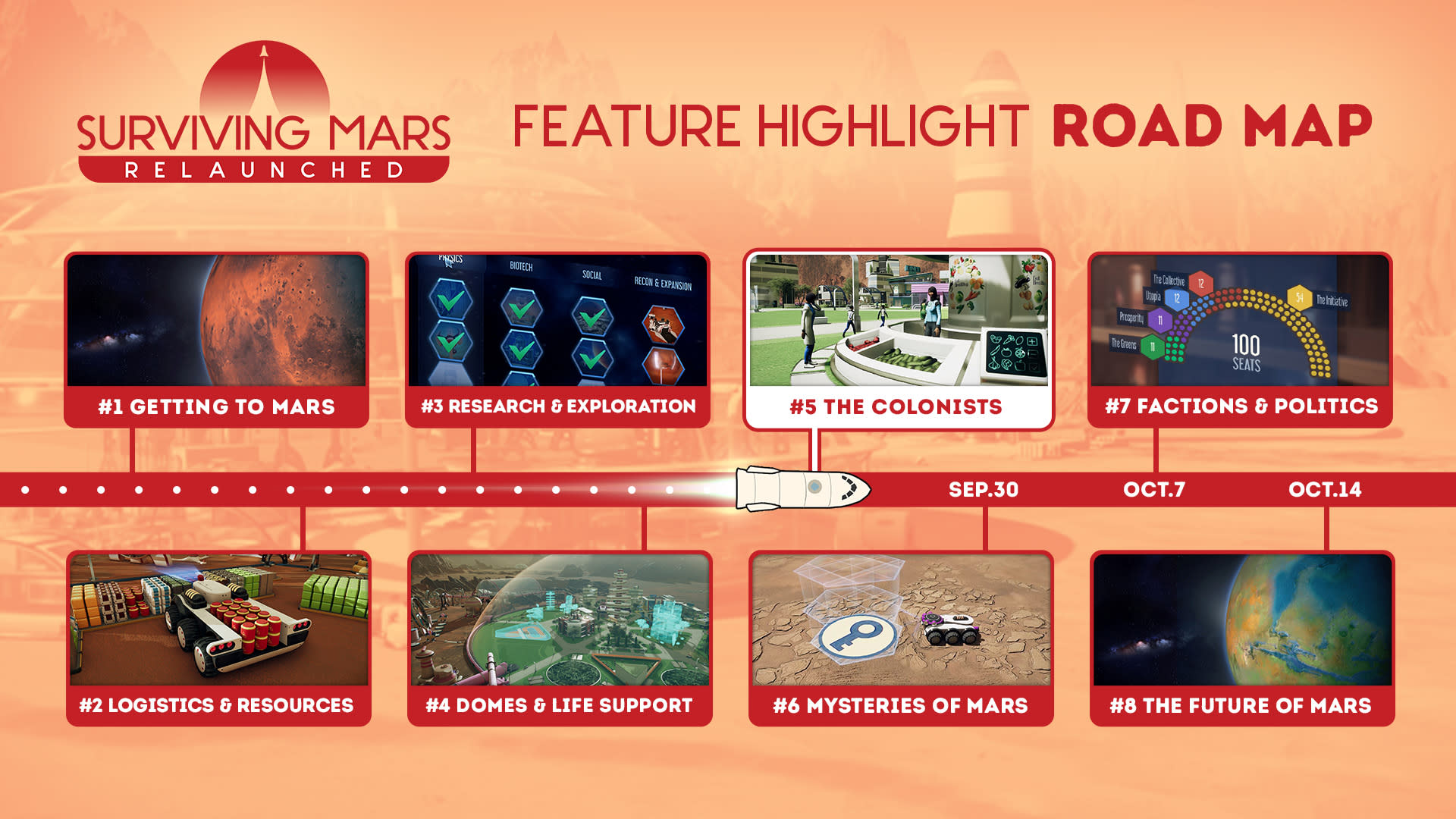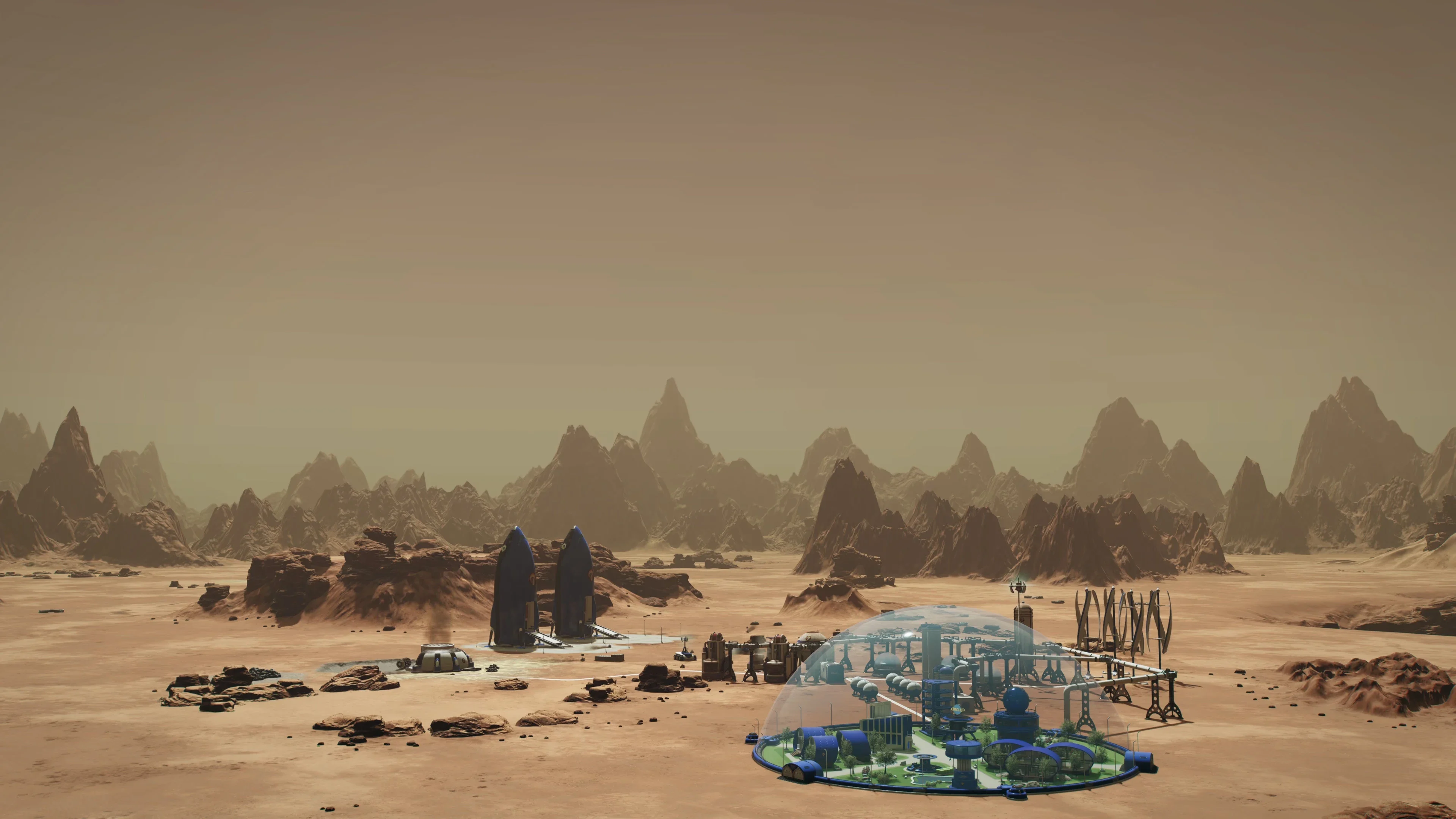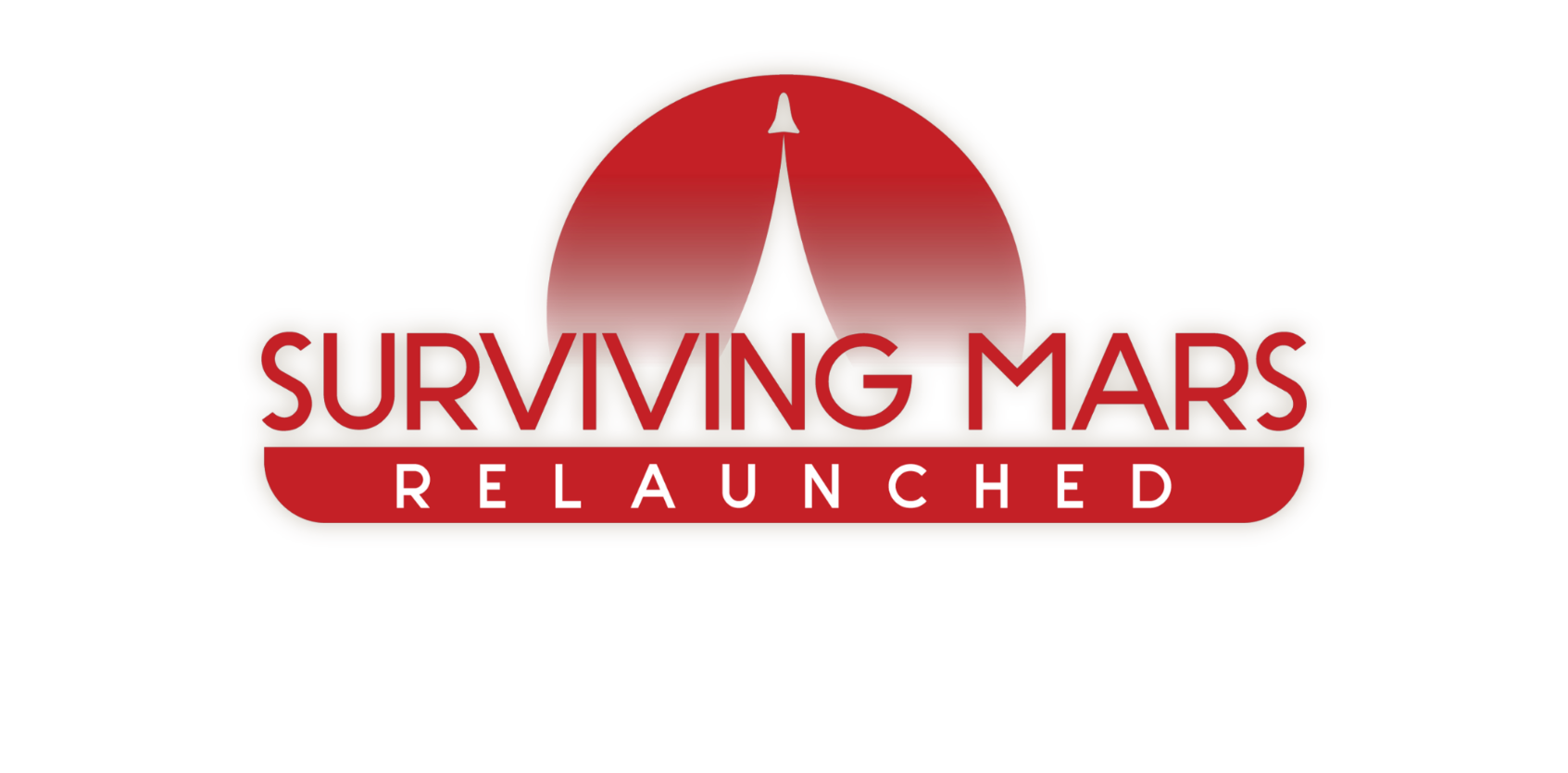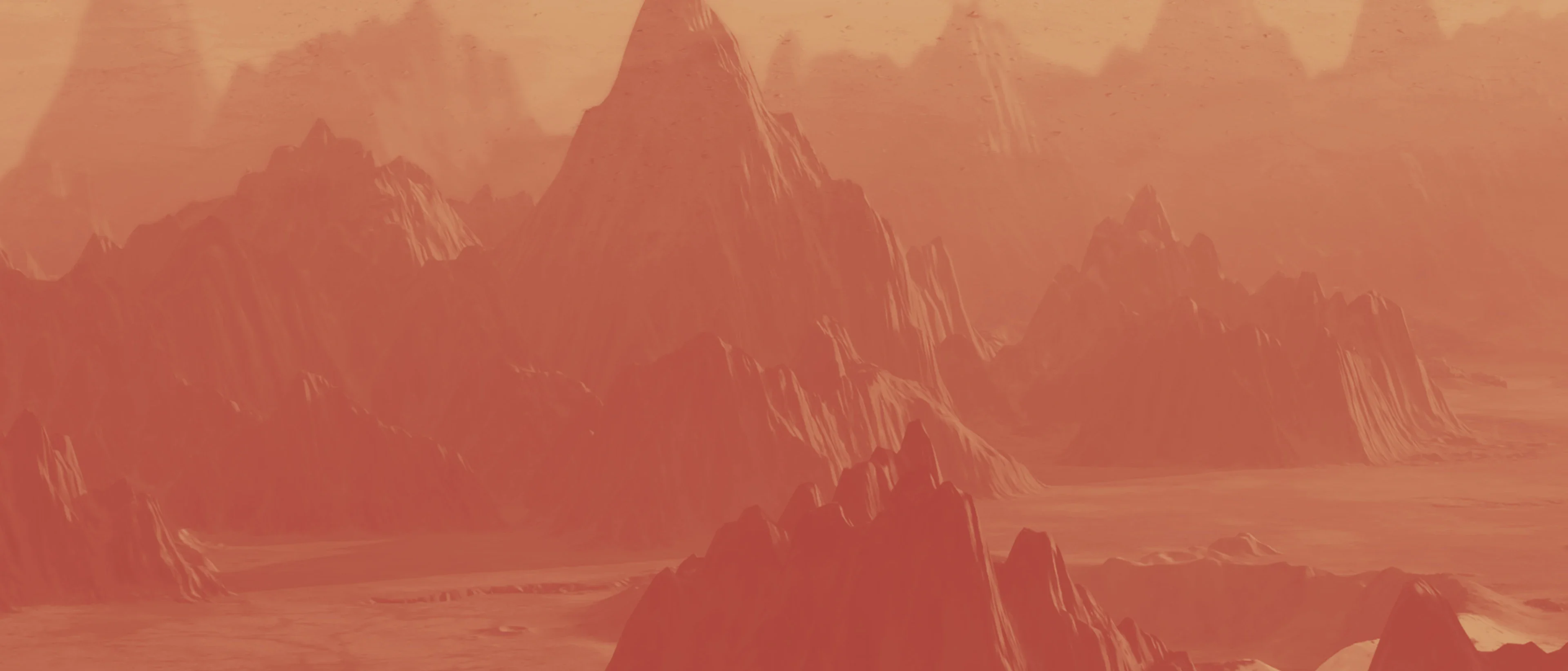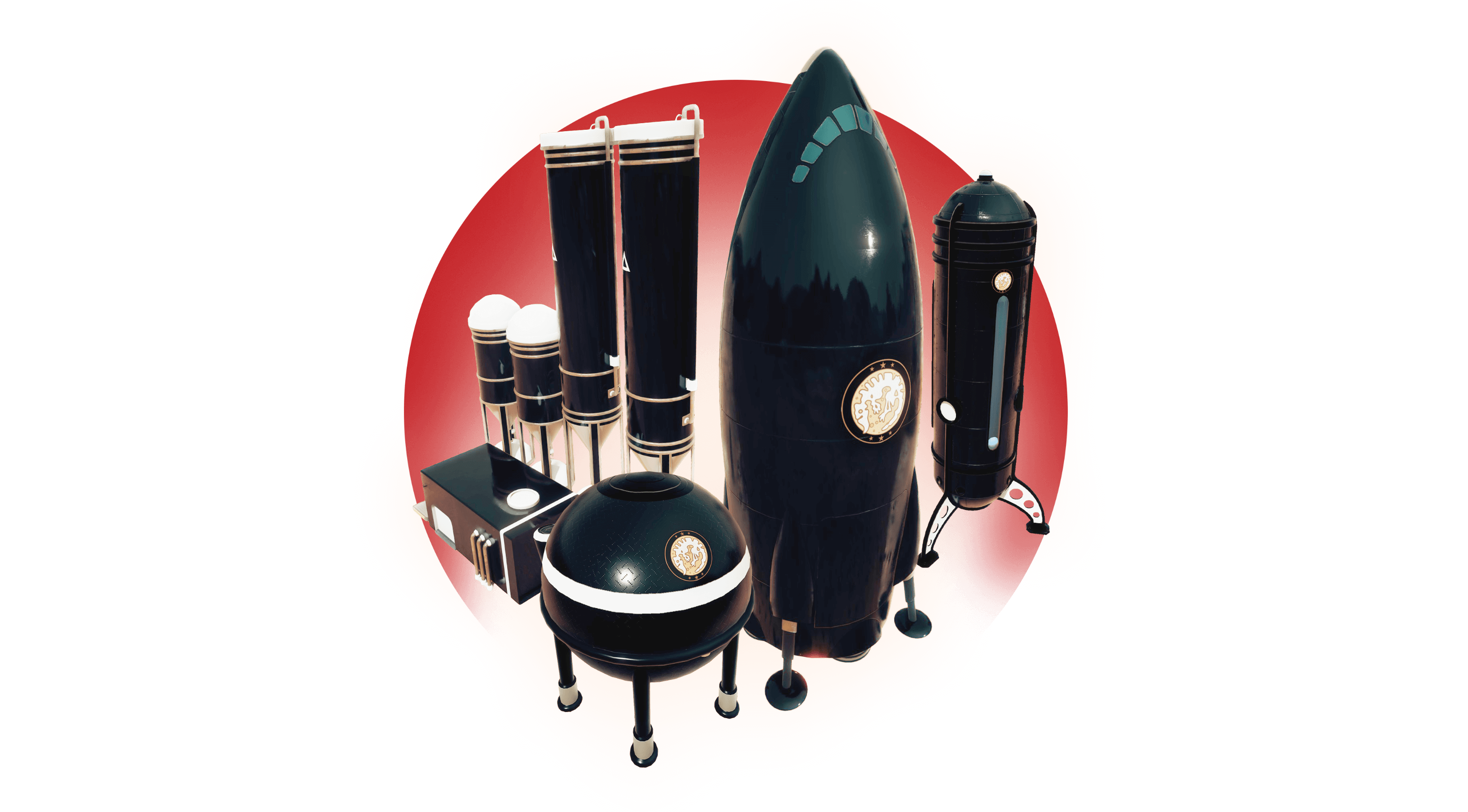Hey there, fellow Mars adventurers!
Welcome back, It's Pavel again from Haemimont Games. Today, we’re talking about the thing that puts the “Surviving” in the title - the Colonists. Those brave, occasionally grumpy, always needy humans (and not-so-humans) who put themselves in your competent hands. Let’s try and onboard the new players, shall we?
Colonists
Without people, your colony is just a glorified set of bubbles with fancy plumbing. I know, I know. I’ve also flirted with the idea of making a huge martian base without any colonists. And maybe someday we will have that option. But one of the main characteristics of the game is to build a thriving society on Mars. And that takes people!
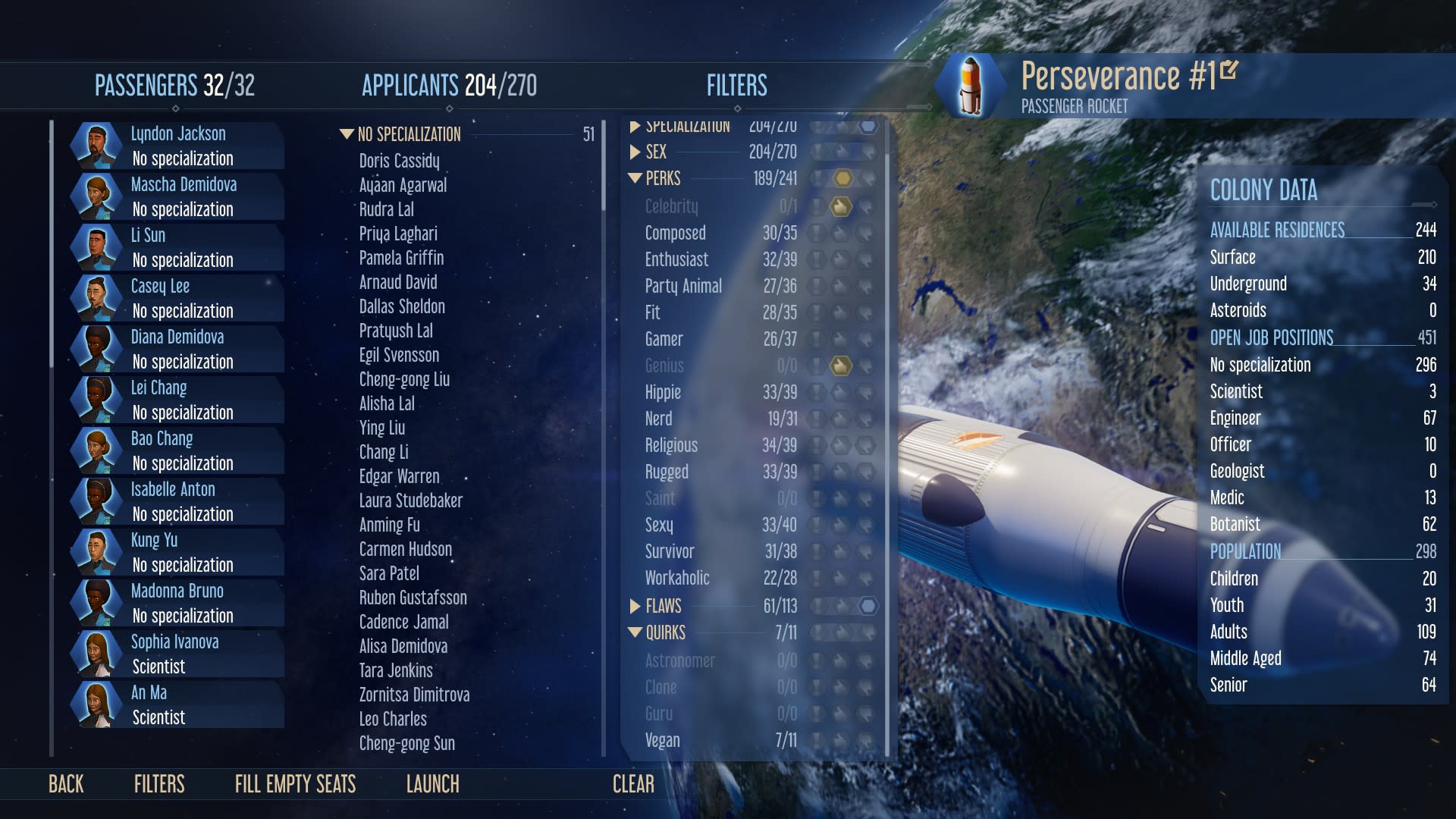
As mentioned in the previous DevDiary - people are squishy and require things like oxygen, food and water. But they allow extraction and production of specific resources, generating research and can lead to unique situations.
And aging is not kind on Mars. Colonists go from children who learn, to working age and then seniors who can’t work. And every Senior that retires on Mars consumes resources that could be used by a younger person. Will you send them back to Earth, take care of them or something …else? And boy, does the aging of the colonists lead to interesting decisions 54 million km from Earth.
Workforce: Who Does What and Why It Matters
Colonists are your workforce, your lifeblood, your unpaid interns (okay, they do get housing and air). Each colonist has a specialization - engineer, scientist, medic, botanist, etc. - and these aren’t just titles. They directly affect how efficiently buildings run. A scientist in a research lab? Great. A scientist in a diner? Less great, unless you want quantum fries.
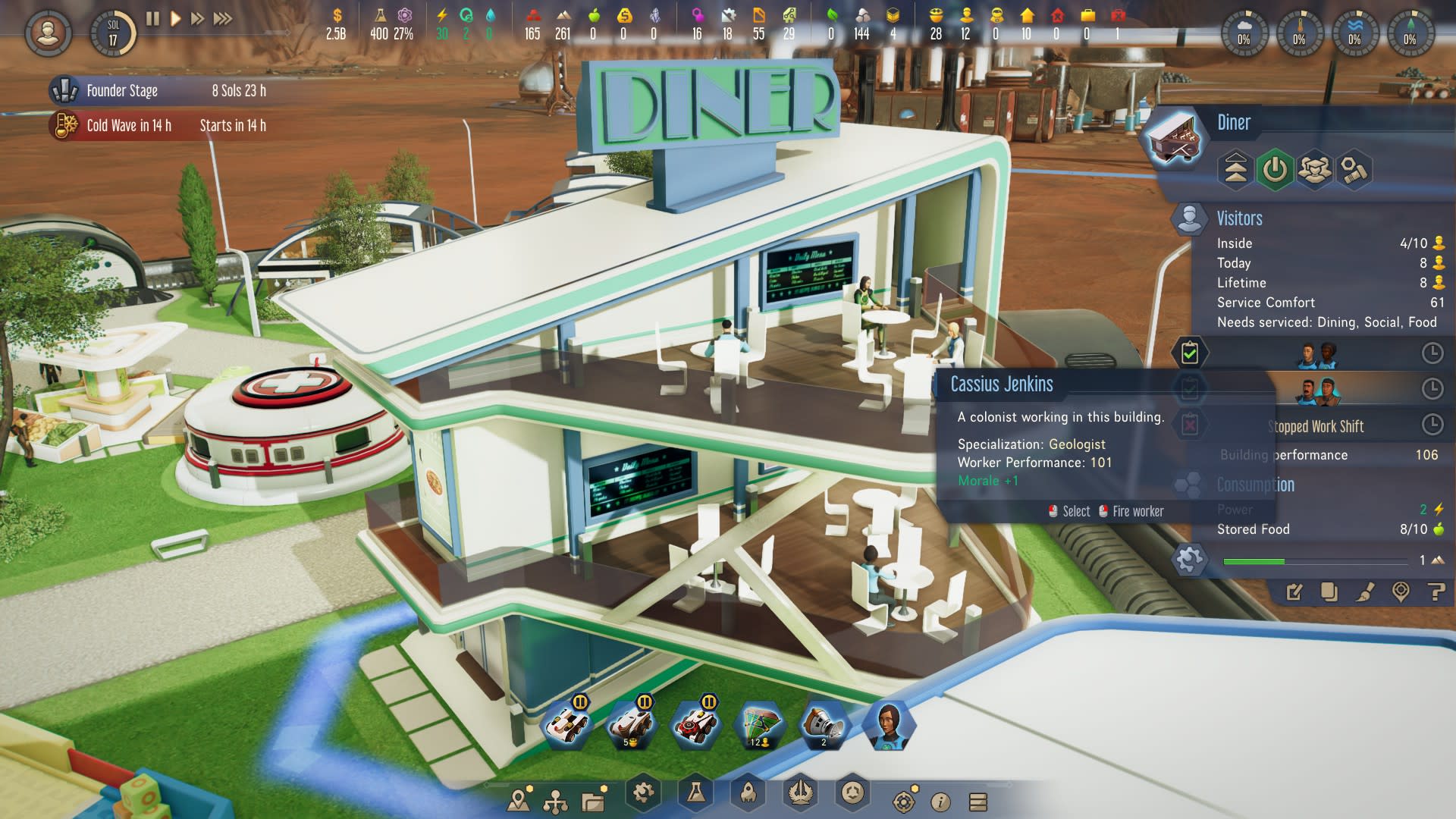
Traits add another layer of complexity. A workaholic will keep grinding through good and bad days, while a lazy colonist might treat your polymer factory like a yoga retreat. And then there are the biorobots and clones - our synthetic friends. Biorobots don’t age, which makes them eternal (and slightly terrifying). Clones’ lives are short, but hey, they’re cheap and plentiful. They’re like instant noodles, but with a social security number.
People Are a Complex Bunch
Colonists need more than just jobs. They need food, oxygen, shelter, entertainment, medical care, and overall to feel comfortable. Ignore these needs and you’ll get a colony full of depressed, injured, and possibly rebellious humans. (Yes, even on Mars, people will be unhappy if the nutrient paste is served cold)
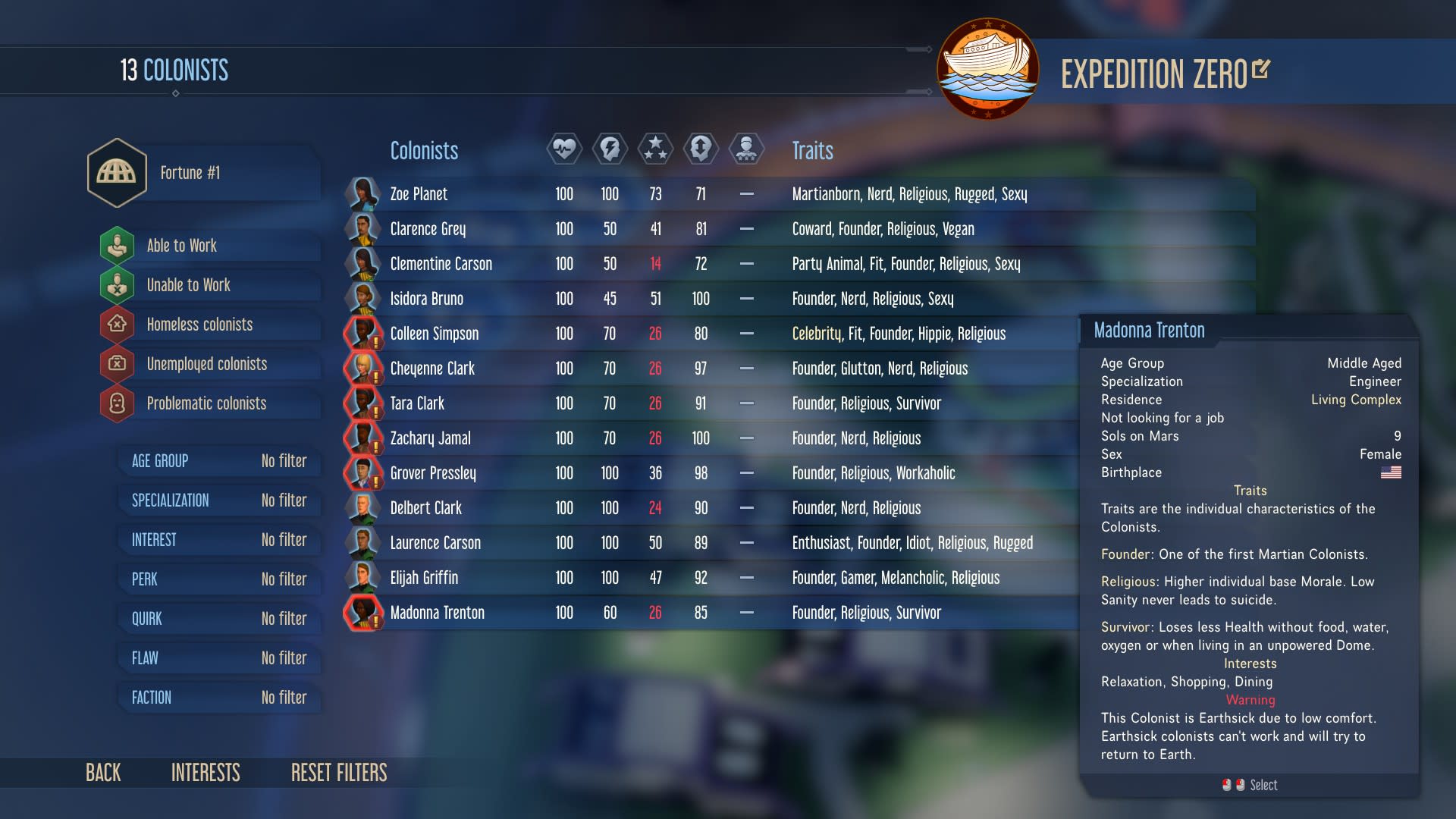
We covered most of that when talking about Life Support in the previous DevDiary. But beyond the “Lets not die” category there is also a plethora of other factors that make people tick.
Interests determine how colonists want to spend their time. Each sol, every colonist chooses one of his interests and attempts to satisfy it. I don’t want to have bars in my colony, but after a hard day in the Extractor, Geologists really like drinking. Some things are the same even on another planet I guess. Just be careful as hard times can turn their hobby into a problem.
Those problems manifest as Flaws. Our Geologist suffered a Sanity breakdown and is now an Alcoholic. Those and many other flaws hinder your colonists' performance and ability to thrive. There are some ways you can address those problems. It's up to you if you want to invest in helping your people.
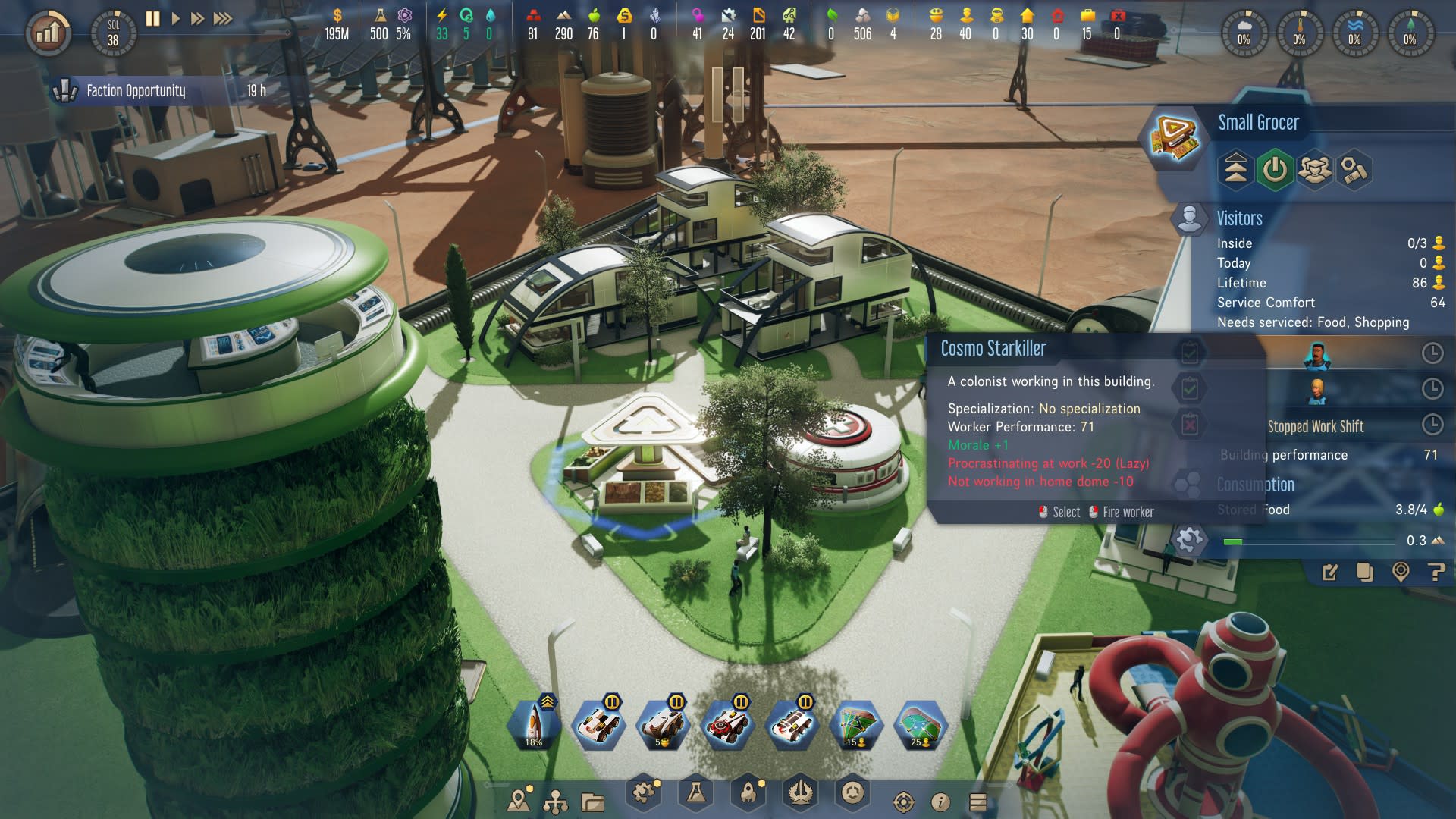
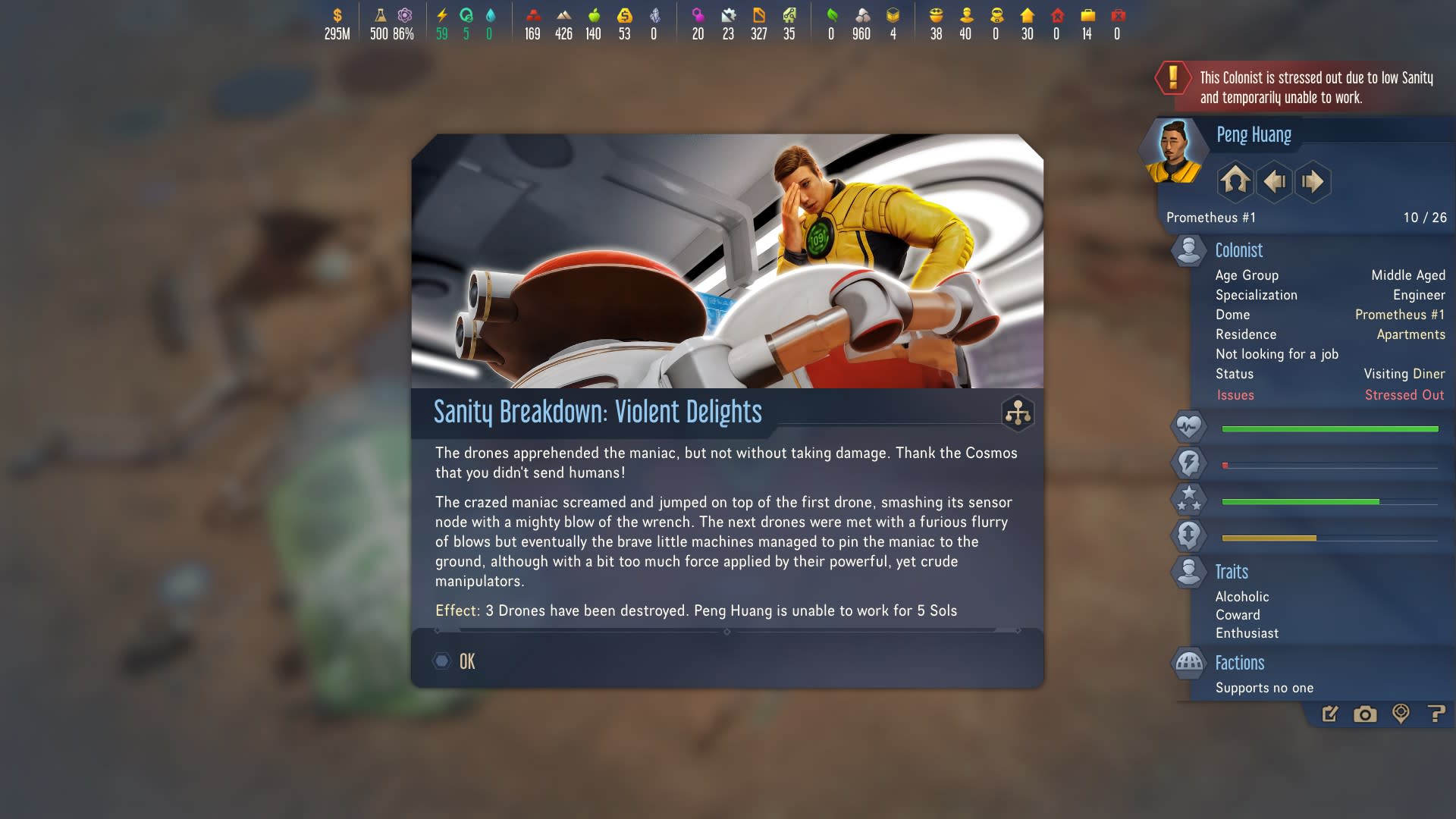
Perks on the other hand, are beneficial, so whenever you see an applicant who has one - snag them up as fast as possible. My favorite is “Enthusiast” but that probably says more about me, than anything else.
Arrivals, Departures, and Martian Babies
Colonists arrive via rockets, drawn by your colony’s reputation and the promise of not dying. They leave when things get bad - low comfort, high danger, or if they just really miss Earth’s gravity.
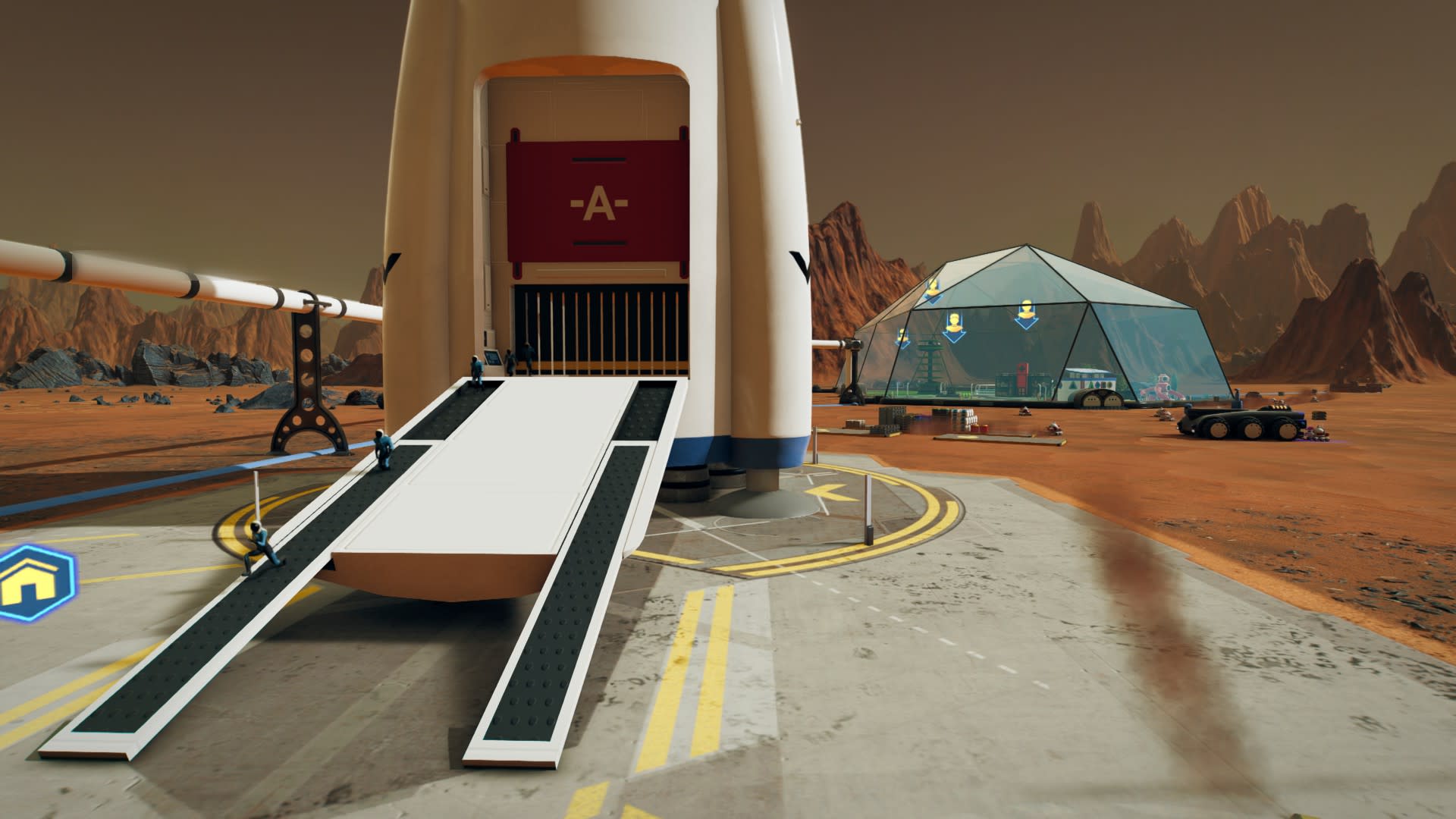
Just like in real life, when things are going well, people start thinking of having kids. If life in your colony is bad, don’t wonder why there is no population growth. Martian-born colonists are the next generation. These kids grow up and eventually join the workforce, hopefully with fewer emotional scars than their Earth-born parents. And they never get homesick - they’re already home!
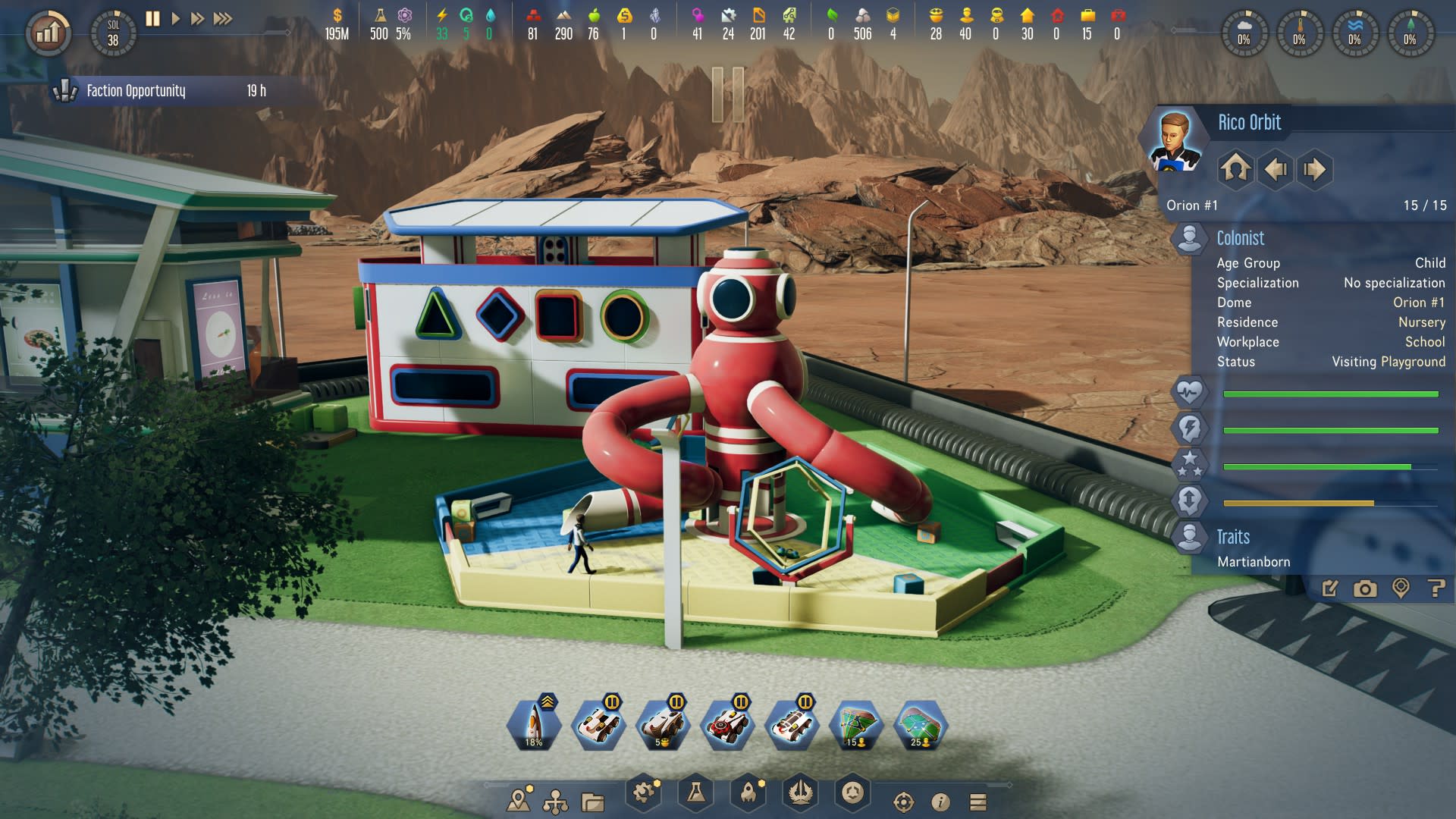
And Tourists are another being altogether. These transient visitors don't work on Mars but pay for the privilege of testing out your life support system firsthand. Weird flex but ok.
Late Game: Herding Cats
Once your colony hits the hundreds, micromanaging individual colonists becomes like trying to alphabetize a tornado. That’s where automation and specialization training come in. You can train colonists in schools and universities, turning your generalists into experts. Your Martian University is like Hogwarts, but the magic is actually the science need to not die a gruesome death.
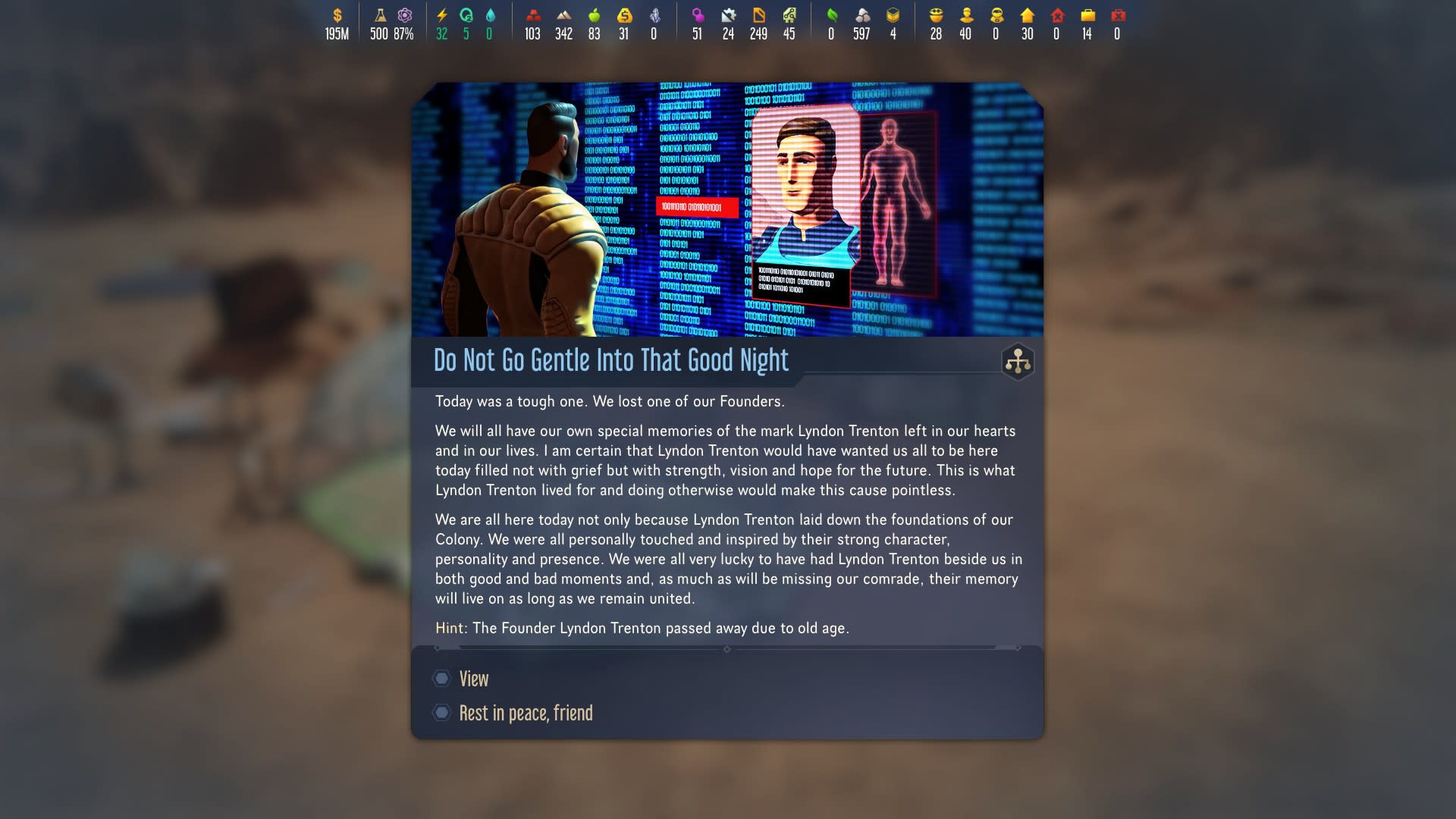
The Command Center gives you a bird’s-eye view of your colony’s stats, workforce distribution, and problems. It's basically your Martian dashboard.
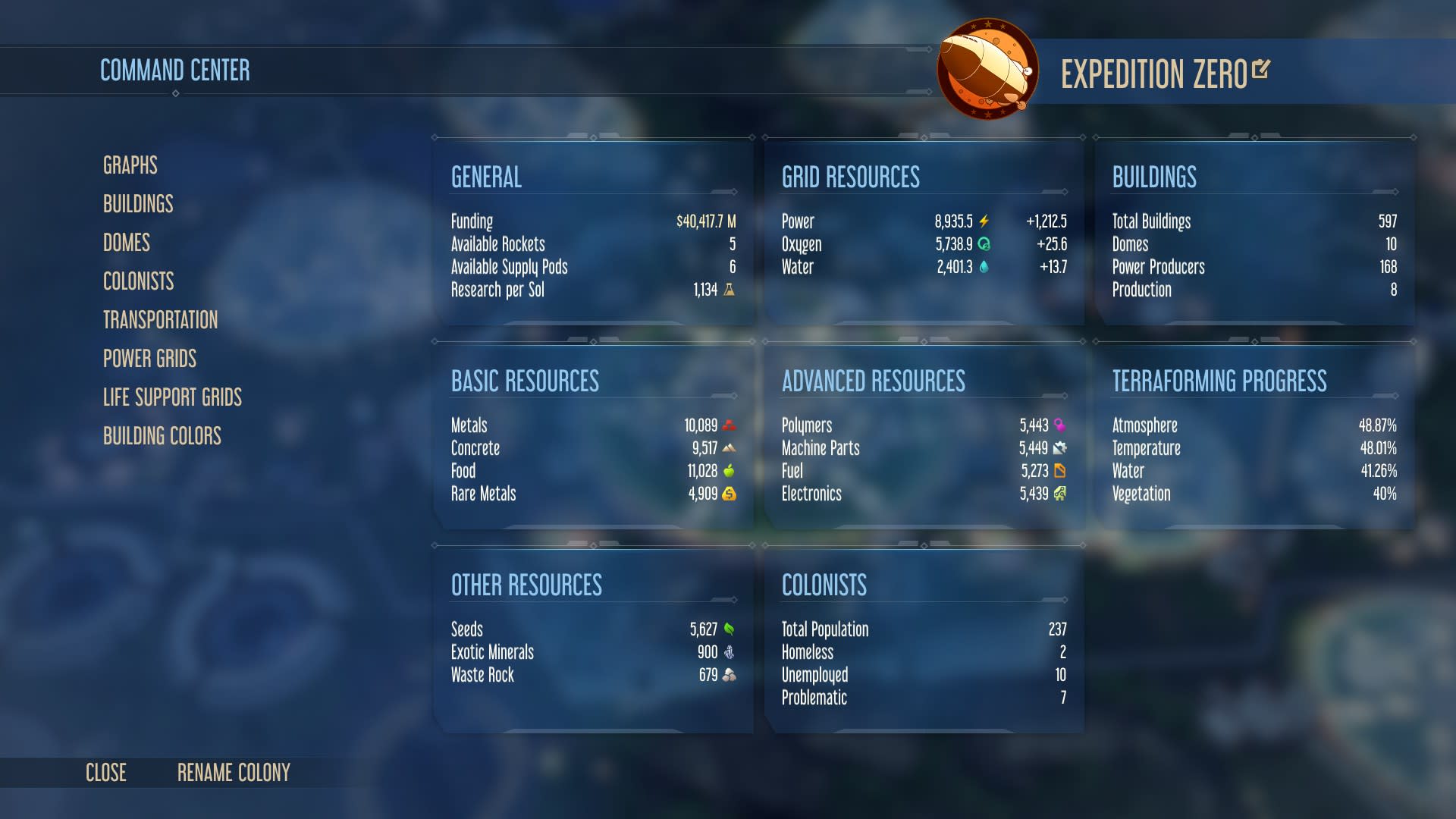
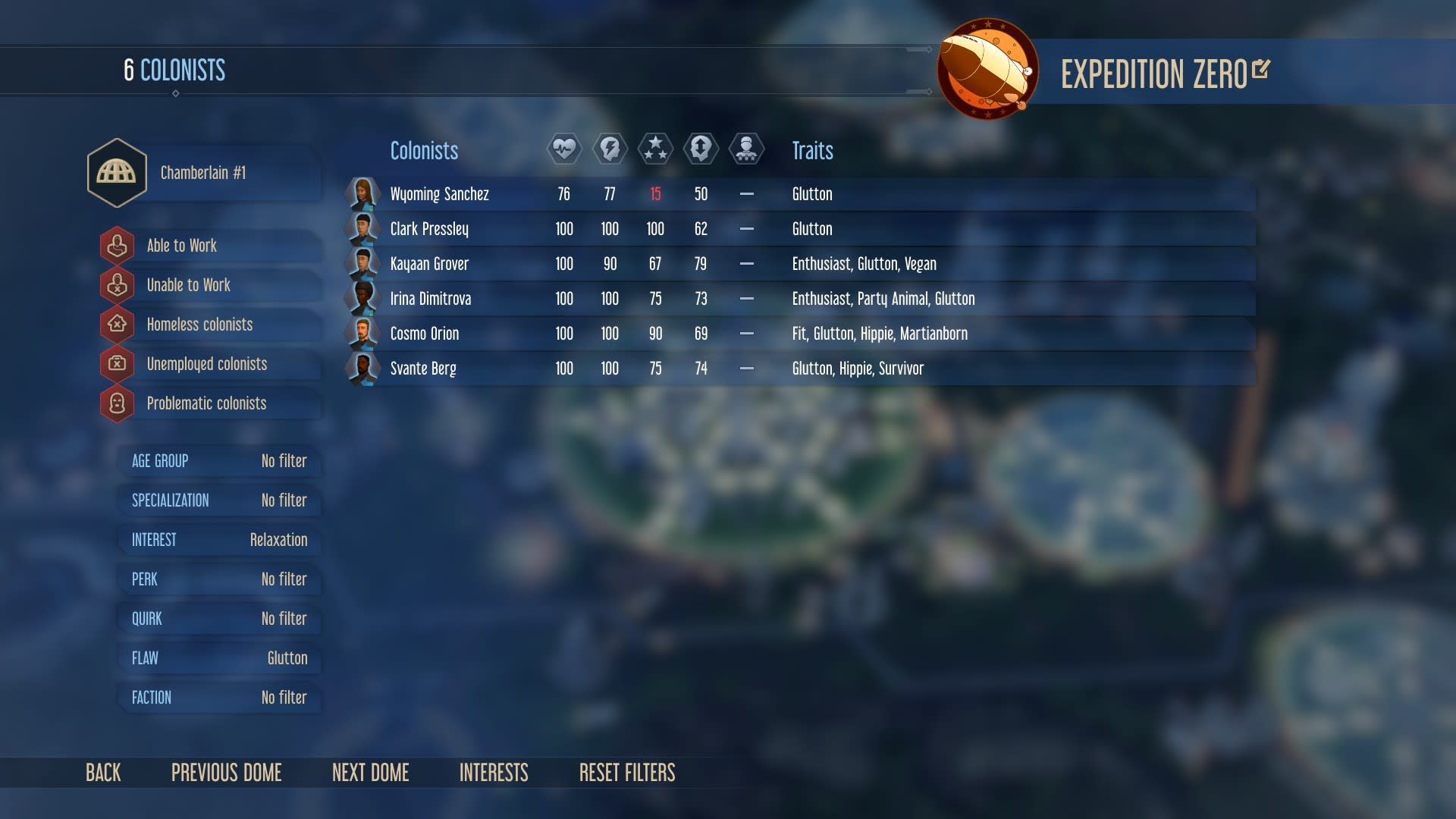
One thing that we’ve done to help out in tackling this complexity is the entirely revamped trains. They are now entirely integrated in the overall system and allow for better distribution of resources and commuters.
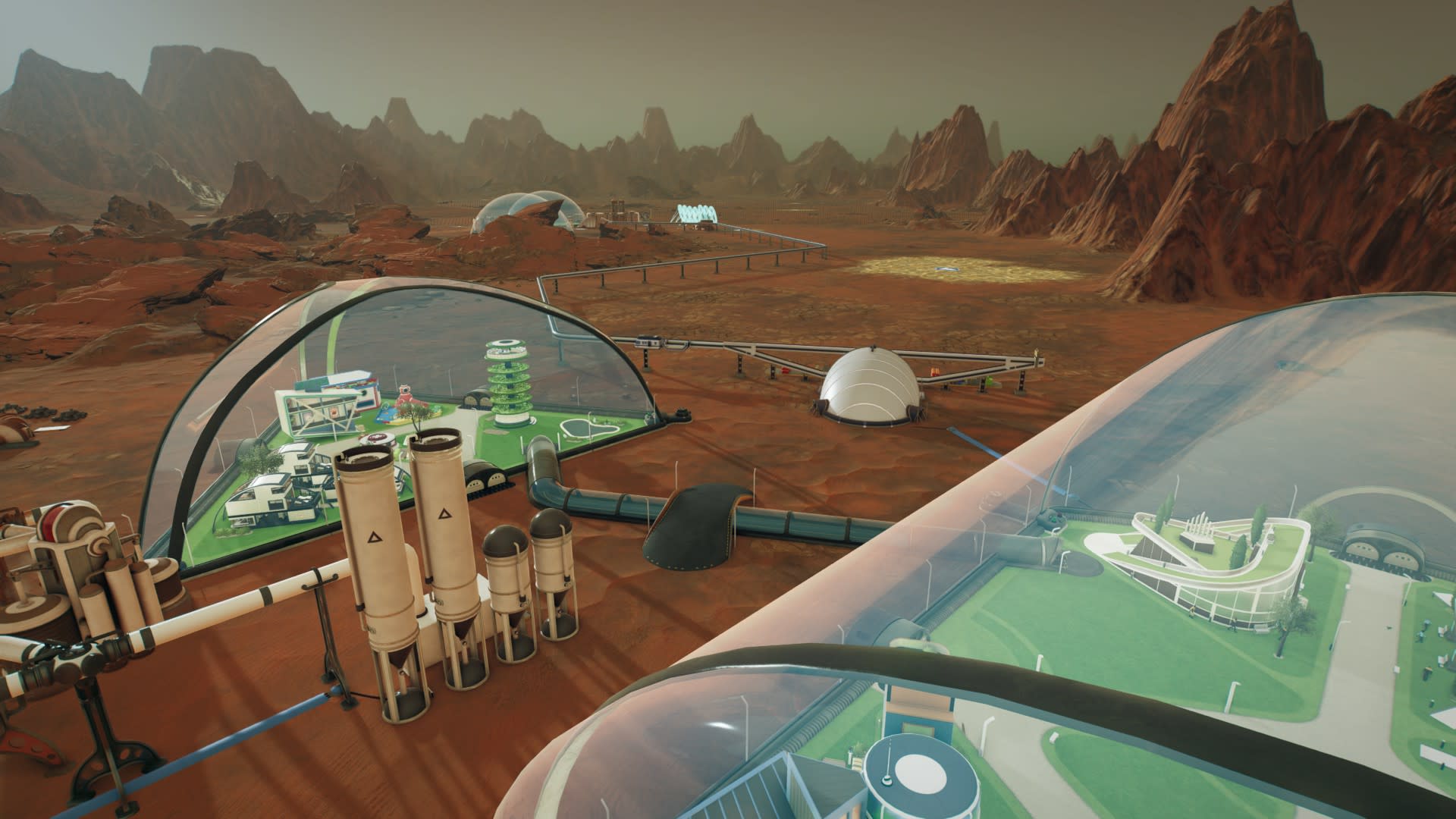
Wrapping Up
People want oh so many things. Even on Mars. Managing that is a balancing act. You’re constantly juggling their needs, their jobs, their moods, no matter the time. Even during the occasional meteor shower. But when it all clicks - when your colony is thriving, your people are happy, and your production is humming along like a well-oiled machine - it’s magic.
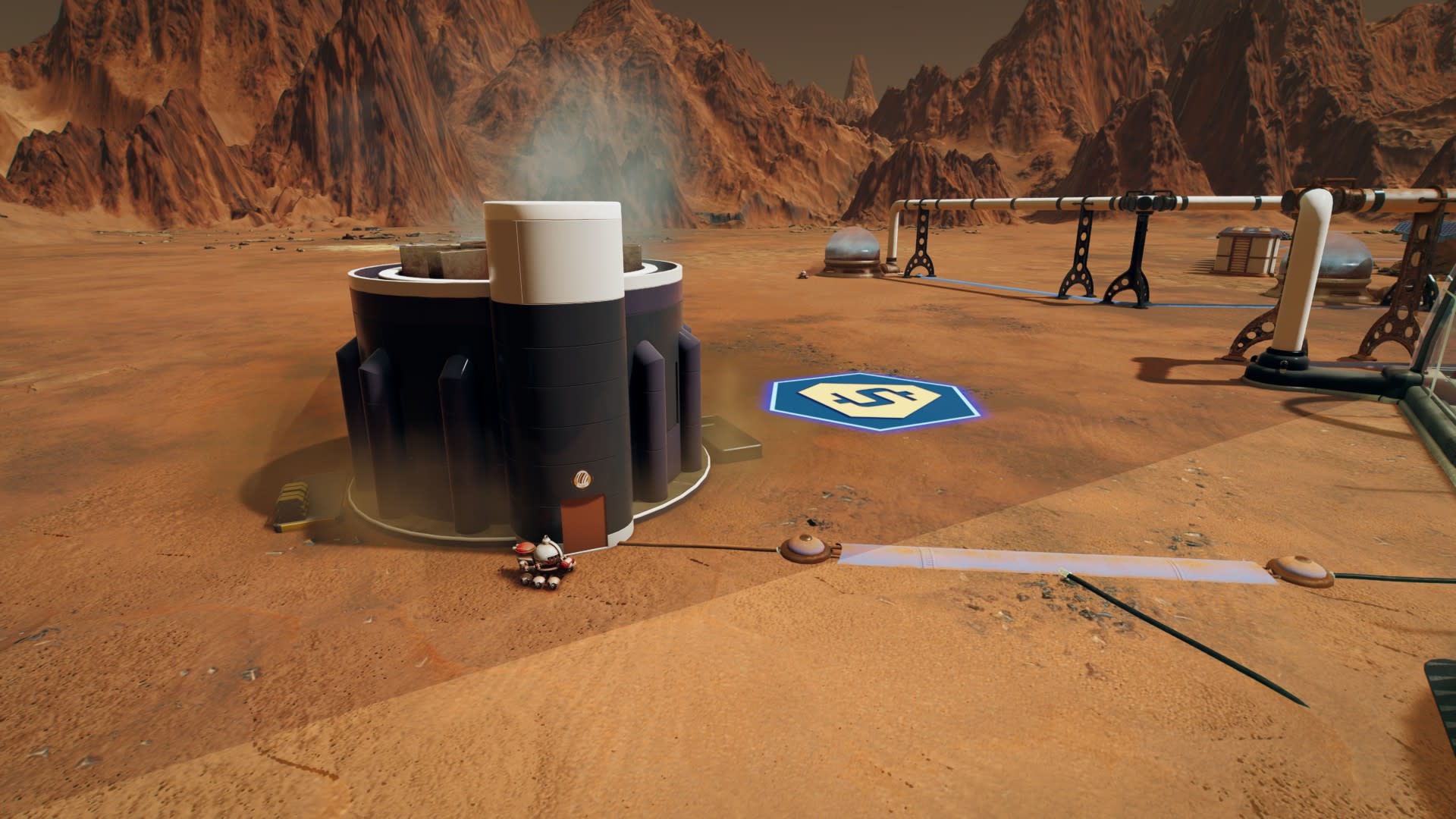
So keep those domes airtight, those colonists caffeinated, and remember: surviving Mars isn’t just about beating the elements. It’s about building a society that can thrive in the most unforgiving sandbox in the solar system. And we’ll have a lot more to say about “building a society” when we cover the new content of the Martian Assembly coming with Relaunched.
Until next time, may your miners be composed and your colonists slightly less dramatic.
—The Dev who builds way too many Open Air Gyms
